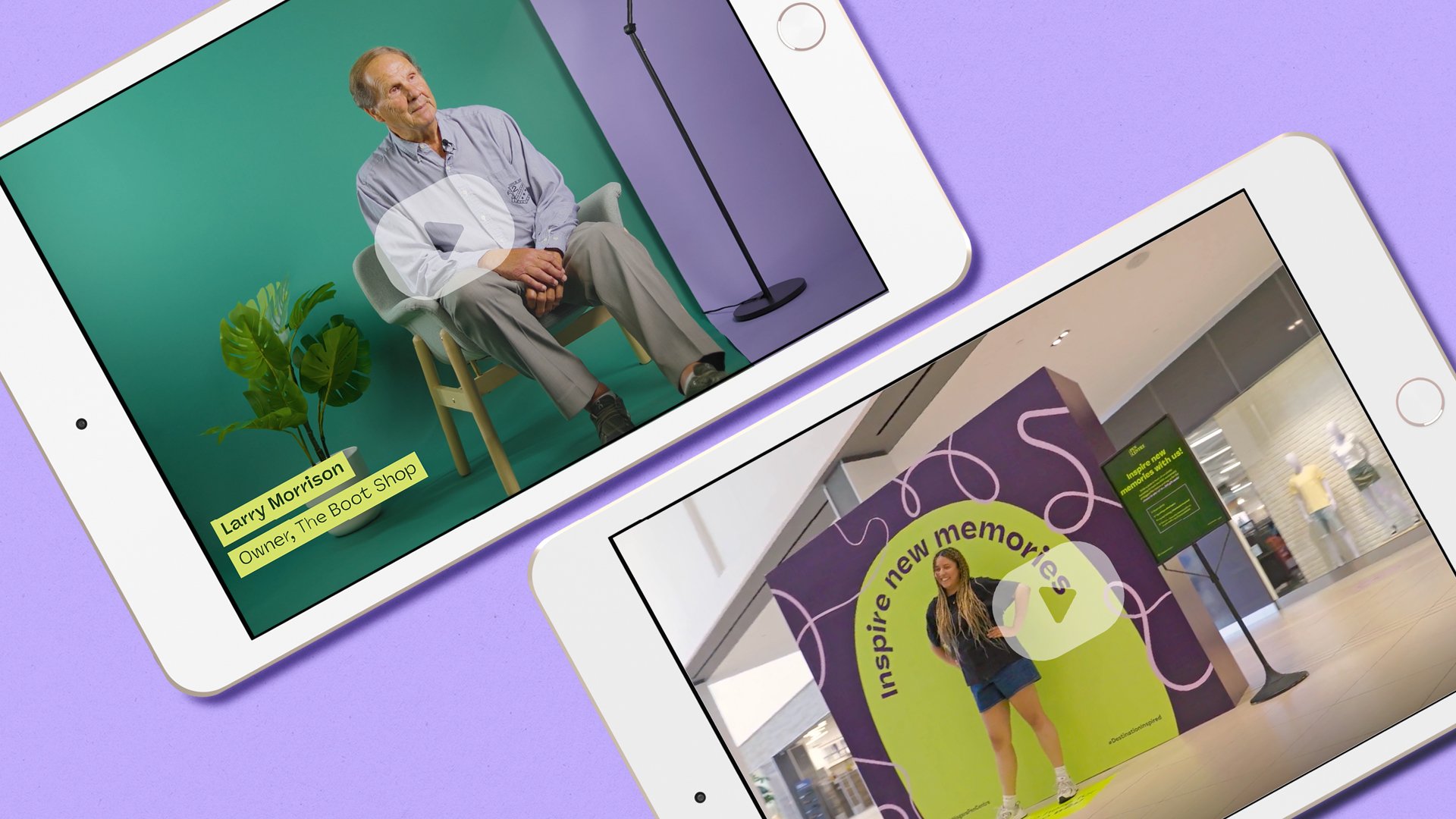In short
When the Cerebral Palsy Association of Manitoba (CPMB) and the Public Interest Law Centre (PILC) reached out to continue momentum on their Locked Out of Life campaign that we had helped develop in 2018, we were immediately ready to get to work.
Our original video in 2018 helped Tyson Sylvester and Amelia Hampton bring attention to their human rights case advocating for better supports for adults with physical disabilities, and amp up public support and the pressure on the province to respond to this systemic issue.
Locked Out of Life showed how people living with significant disabilities in Manitoba are locked out of the supports that foster their social inclusion when they turn 18. These supports (screen readers, custom orthopedics, etc.) make it possible to hang out with friends, volunteer, go to school, and participate in social events.
The original campaign had made significant strides in moving the needle on Tyson and Amy’s case, but in 2020, the case was still ongoing, and it needed Manitobans’ attention once again.
We wanted to make sure Tyson’s story and stories like his, continued to capture the attention of the public. At the beginning of the pandemic, we saw an opportunity.
Methodology
This time around, we wanted to foster meaningful conversation about the people experiencing a lifetime of isolation due to systems locking them out.
When social distancing and self-isolation measures were introduced to many Manitobans back in March 2020, we saw an opportunity to remind the world that many people with disabilities deal with isolation and loneliness every day. This isolation is both social and systemic – due to the limited number of government-funded care hours they can access per week, which had further restrictions due to COVID-19.
While advocacy and awareness of this injustice was the main goal, it was accomplished by putting people with disabilities in the spotlight, sharing empathy for others experiencing separation from their social lives for the first time.
We positioned community members with physical disabilities as “the experts” in isolation.
We wanted media attention, and in turn, the attention of the Government of Manitoba and the Winnipeg Regional Health Authority as the defendants in the human rights case. We also wanted to connect with Manitobans on a personal level, at a time when they were positioned to relate, on a small level, with the isolation created by loss of services.
Execution
In the space of one week, UpHouse went from an initial concept to releasing the finished video. It was important to us that it was timely, as at that point, no one was certain how long the stay-at-home orders would last.
The video features four people with cerebral palsy sharing their experience with self-isolation along with words of encouragement to everyone else who was new to the feeling. The video featured four people with cerebral palsy doing Zoom-type interviews as they talked about their experiences with isolation and offered heartfelt words of encouragement to other Manitobans.
It also brought to light the stark reality people with disabilities face every day. For them, lockdown wasn’t something new. And, unless we fix gaps in the system, it wouldn’t change.
We released the video on CPMB’s Facebook page and put a small budget toward boosting, but let the organic momentum of people coming together on social media (at this time in the pandemic) carry the weight.
Outcome
The video received over 100,000 views in the first week and was shared on multiple local news outlets and on CBC with stories following the perspectives of people with physical disabilities and how they’re experiencing the pandemic. The case maintained public interest and media attention to help challenge the province to reconsider the services they provide to people with physical disabilities and gaps in the system.
After a five-year legal battle (2016-2021), Tyson Sylvester and Amelia Hampton reached a precedent-setting human rights settlement with the Government of Manitoba and the Winnipeg Regional Health Authority.
The settlement includes a pilot project to oversee a group of people with physical disabilities’ journeys in navigating the system and services available to them and the recommendations after the pilot project will inform a new way forward.
“Sharing Hope in Self-Isolation,” also struck a chord with industry professionals: earning three Silver Telly Awards for Social Video in the Public Service & Activism, Social Impact and Diversity & Inclusion categories (2021), and a Silver Anthem Award for Human & Civil Rights Special Projects (2022).



